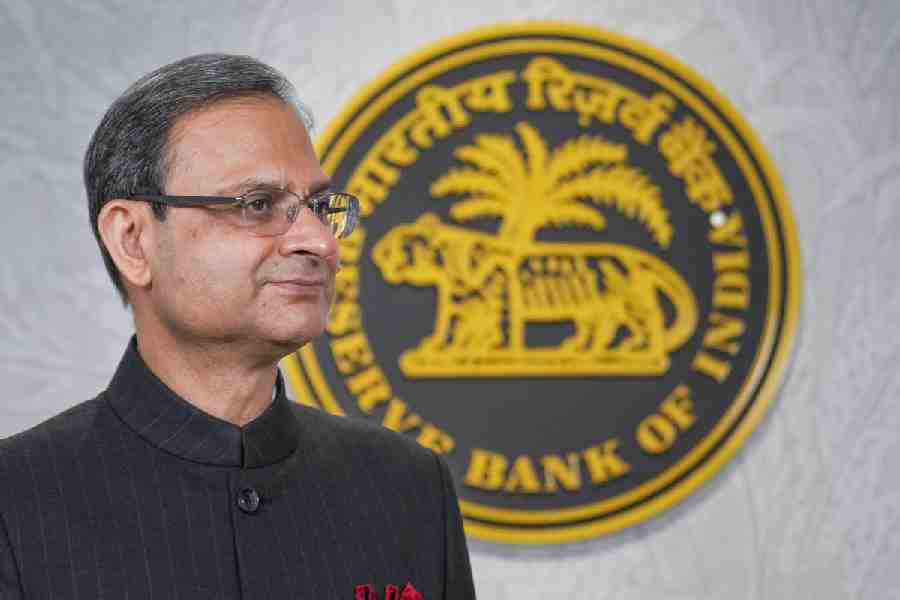The latest conflict between India and Pakistan may impact New Delhi's efforts to pitch itself as a safe haven for foreign investors amid global economic turmoil - but not much, investors and analysts said on Wednesday, as tensions ratcheted up between the nuclear-armed neighbours.
India's $4 trillion economy has limited direct trade with Pakistan, and even its overnight cross-border missile strikes had little immediate impact on local equity, currency and bond markets, on the view that full-fledged conflict is unlikely.
"If there is a cessation of hostilities like there should be, pragmatically and practically, the investment climate may not actually be harmed," said Ajay Marwaha, head of fixed income at Mumbai-headquartered investment house Nuvama Group.
Previous conflicts have not had a lasting impact on Indian assets, Citibank analysts wrote in a note on Wednesday.
In the last such flare-up with Pakistan, in February 2019, the Indian rupee held steady and bond yields rose 15 basis points over that month but retreated later.
In June 2020, when fighting broke out between Indian and Chinese troops in the Galwan valley, the rupee weakened 1% but regained ground as the two sides disengaged, Citi analysts said.
Since U.S. President Donald Trump unveiled a slate of huge tariffs on his country's trading partners, Indian markets have in fact performed well. "The Indian market had begun to outperform on the back of the perception that there is some insulation from Trump tariffs given the strength of domestic consumption and a clear signal of monetary loosening from the central bank," said Sat Dhura, portfolio manager at Janus Henderson Investors.
He acknowledged that: "Recent events are likely to keep foreign investors away," but added that local investment flows are likely to be sticky, helping serve as a support to the markets.
India is expected to remain the fastest-growing major economy with the central bank forecasting GDP growth of 6.5% this financial year. It is also among the best-performing of the world's big stock markets since early April, when Washington announced reciprocal tariffs on its trading partners, with the benchmark Nifty 50 rising 4.6% since then.
Foreign investors, who had heavily sold Indian stocks from last October to March of this year, turned buyers in April and early May purchasing about $1.5 billion. They remained sellers of Indian bonds, offloading $1.7 billion since the start of April.
UAE-based asset manager NAV Capital reckons that the geopolitical flare-up may temper immediate foreign portfolio flows into India but it expects global investors to remain invested in the country unless the latest conflict spirals.
Focus on trade deals
The focus, analysts said, remains on trade deals. India sealed a long-negotiated trade agreement with the U.K. on Tuesday and discussions are ongoing for a bilateral trade agreement with the U.S.
"While sentiments are likely to be jittery in the immediate term, these tensions are unlikely to derail the medium-term appeal of the Indian economy," said Radhika Rao, senior economist at DBS Bank in Singapore. More "substantial developments" like the just-concluded India-UK trade deal, the impending agreement with the U.S. and the central bank’s dovish policies will dictate the path of India’s growth trade outlook, Rao said.
As part of these trade negotiations, India plans to bring down high tariffs for raw materials which have prevented large-scale manufacturing to move to the country.
The impact of the conflict between India and Pakistan on any potential longer-term investment "may not be very much", said Subhash Chandra Garg, a former top government bureaucrat.
The areas bordering Pakistan are in the north and west of India but most foreign investment for manufacturing facilities is centred in southern and central India, Garg noted.










